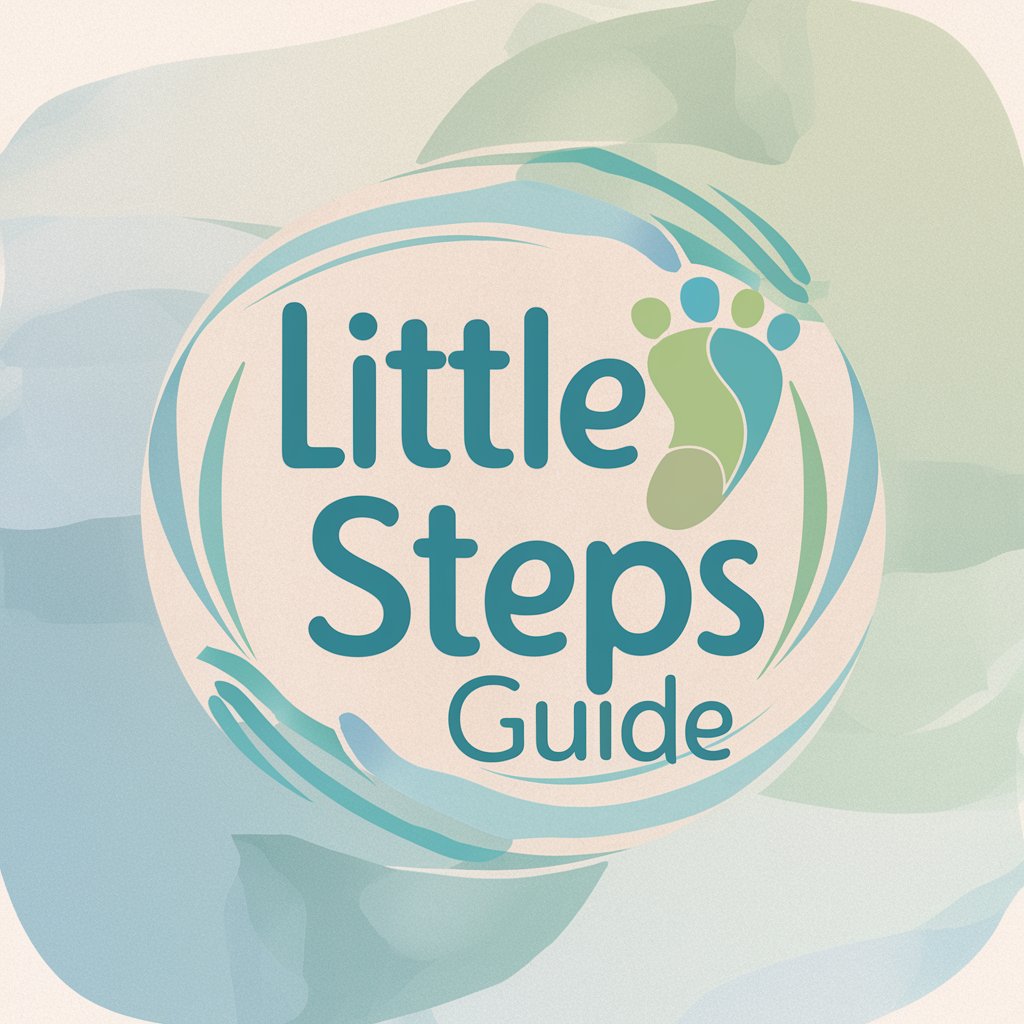
SEO - Tailored SEO Assistance

Welcome! Let's optimize your content for search engines together.
Elevate Your Online Presence with AI-Powered SEO
Write an engaging blog post about the benefits of SEO optimization for small businesses.
Create a step-by-step guide on how to conduct keyword research for a new website.
Explain the importance of meta descriptions and how to write effective ones.
Generate a list of top SEO tools for 2024 and their key features.
Get Embed Code
Understanding SEO: An Overview
Search Engine Optimization (SEO) is a digital marketing strategy focused on improving a website's visibility in search engine results pages (SERPs) without paying for ad placement. Its core purpose is to increase organic traffic, thereby enhancing the site's relevance and authority. SEO involves optimizing various elements of a website, including its content, structure, and on-page metadata (like titles and meta descriptions), as well as off-page factors such as backlinks from other sites. For example, a blog focused on health and wellness might use SEO to rank higher in search results for terms like 'healthy eating tips' or 'best exercises for heart health'. This is achieved through keyword optimization, creating high-quality content that addresses users' queries, and ensuring the website is mobile-friendly and fast-loading. Powered by ChatGPT-4o。

Key Functions of SEO and Their Real-World Applications
Keyword Research and Optimization
Example
Identifying 'low-carb recipes' as a target keyword for a food blog
Scenario
A food blogger uses keyword research tools to find high-volume, low-competition keywords related to their niche. They then create and optimize content around 'low-carb recipes', ensuring these terms are included in the blog's titles, headings, and throughout the content to improve rankings for those queries.
Content Creation and Optimization
Example
Writing a comprehensive guide on 'How to start a vegetable garden'
Scenario
A gardening website produces a detailed guide on starting a vegetable garden, using keyword-rich titles and subheadings. The content is structured to provide value to readers, incorporating internal links to related topics and optimizing images with descriptive alt texts to enhance visibility in search results.
Technical SEO
Example
Improving website loading speed and mobile responsiveness
Scenario
An online store audits its site to identify technical issues that affect loading times and mobile user experience. By compressing images, leveraging browser caching, and enhancing server response time, the site improves its rankings and user engagement.
Link Building
Example
Acquiring backlinks from reputable gardening blogs for a new article
Scenario
The owner of a gardening website reaches out to other bloggers within their niche to share a newly published article on innovative gardening techniques. Several high-authority sites link back to the article, significantly boosting its visibility and authority in search engine results.
Who Benefits Most from SEO Services?
Small to Medium-Sized Business Owners
These users often operate with limited marketing budgets and can leverage SEO to compete with larger corporations by targeting niche keywords and local search queries. SEO helps them increase online visibility, attract targeted traffic, and convert visitors into customers without the high costs associated with paid advertising.
Content Creators and Bloggers
Writers and content producers in various niches benefit from SEO by optimizing their articles, videos, and other content to rank higher in search results. This increases their content's reach and visibility, driving more organic traffic to their websites or platforms.
E-commerce Websites
Online retailers can significantly benefit from SEO by optimizing product listings, descriptions, and images to appear in search results for relevant queries. This not only improves visibility but also enhances user experience, leading to higher conversion rates.
Digital Marketing Professionals
SEO specialists and digital marketers use SEO to craft strategies that boost their clients' website rankings, improve brand visibility, and drive sales. Their expertise allows them to navigate the complexities of SEO, from technical audits to content optimization and link building.

How to Utilize SEO Effectively
Initiate Your SEO Journey
Begin by exploring yeschat.ai for an introductory experience without the need for a login or ChatGPT Plus subscription.
Keyword Research
Identify relevant keywords for your content. Use tools like Google Keyword Planner or SEMrush to find keywords with high search volume and low competition.
Optimize Content
Incorporate your target keywords naturally into titles, meta descriptions, headings, and throughout the content. Ensure the content is valuable and engaging for your audience.
Enhance Website Performance
Improve site speed, mobile-friendliness, and user experience. Utilize tools like Google PageSpeed Insights to identify and address website performance issues.
Build Quality Backlinks
Increase your site's authority by obtaining backlinks from reputable sources. Engage in guest blogging, and create shareable content to encourage organic backlinks.
Try other advanced and practical GPTs
YogaDepth
Integrating Sanskrit, Anatomy, and Aromatherapy into Yoga

The Waving Cat Explorer
Navigate Knowledge with AI-Powered Curiosity

DigitalDynamo AI by Uply Media, Inc.
Elevate Your Digital Presence with AI

FOBA Fete Quantum Guide
Your AI-powered Carnival Companion

Practical AI in Higher Ed
Empowering Education with AI

Info Master
Elevate your knowledge with AI-powered insights.

Free Music Promotion GPT
Elevate Your Music, Ethically Powered by AI

A-commerce Advisor
Empowering Amazon Success with AI

Social Media Maven
Elevate Your Social Presence with AI

Social Media Maverick
Crafting Humor with AI Precision

Stateside's Social Media Planner
AI-Powered Social Media Strategy

Little Steps Guide
Empowering Parents with AI-Powered Child Development Insights

Detailed Q&A About SEO
What is SEO and why is it important?
SEO, or Search Engine Optimization, is the practice of increasing the quantity and quality of traffic to your website through organic search engine results. It's crucial for improving visibility, driving organic traffic, and enhancing credibility and user experience.
How does keyword research influence SEO?
Keyword research helps identify the terms and phrases users are searching for. By optimizing content around these keywords, websites can rank higher in search engine results pages (SERPs), leading to increased visibility and traffic.
What role do backlinks play in SEO?
Backlinks, or links from other websites to yours, are vital for SEO. They signal to search engines that others vouch for your content, which can improve your site's ranking and visibility.
How does content quality affect SEO?
High-quality, relevant content satisfies user intent and encourages engagement, which are key factors search engines use to rank pages. It also attracts backlinks and social shares, further boosting SEO.
Can SEO strategies differ based on the type of website?
Yes, SEO strategies can vary significantly depending on the website's purpose, audience, and industry. E-commerce sites, blogs, and informational websites, for example, each require tailored SEO approaches to effectively reach and engage their specific audiences.





